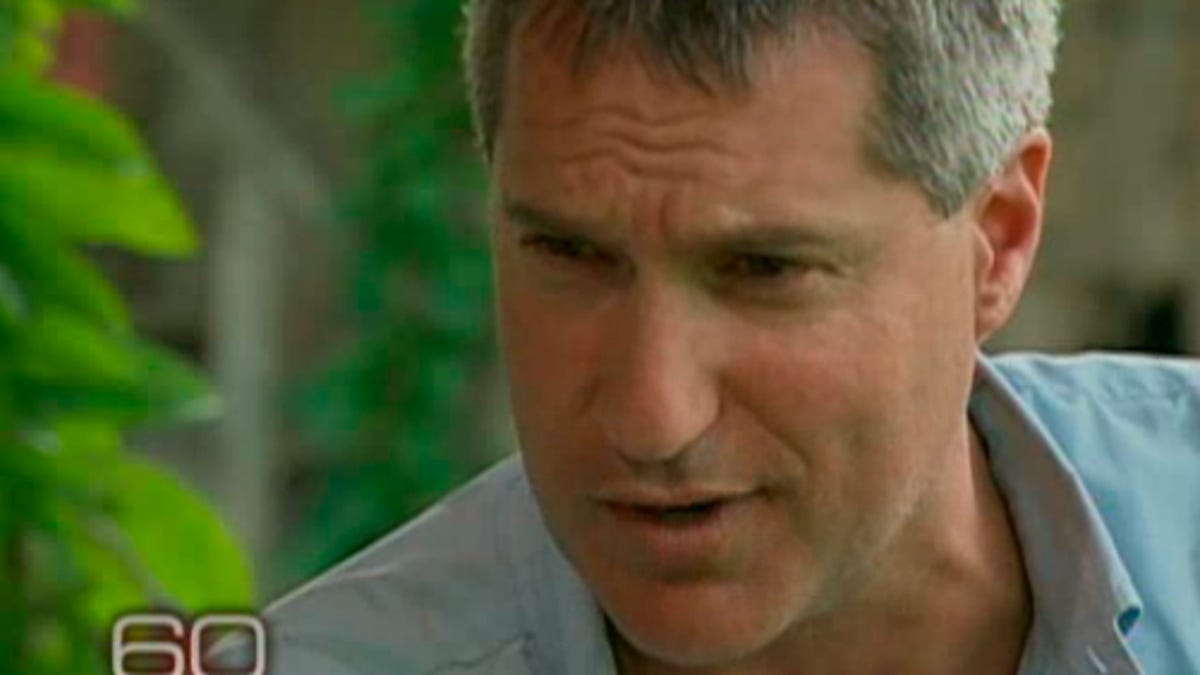Chevron targets Google, Yahoo, Microsoft e-mail accounts
Google says immediate compliance with Chevron's request is "simply unreasonable." Oil company says e-mail data will show plaintiff's attorneys in environmental case were "falsifying evidence."

A $18 billion legal battle pitting Chevron against indigenous Amazonian Indians has spilled over into a California courtroom, where the oil giant is trying to force Google and Yahoo to turn over e-mail accounts used by attorneys for the Ecuadorians. Microsoft has also received a request.
CNET has learned that Google asked a California federal court on Friday to deny Chevron's request for immediate disclosure, arguing it's "simply unreasonable to demand that Google collect, review, and produce this volume of information in less than 30 days." Chevron subsequently agreed to more time.
U.S. Magistrate Judge Paul Grewal has scheduled a hearing on November 20 in San Jose, Calif., to evaluate Chevron's subpoena, which asks for nearly a decade's worth of information about the accounts of more than 70 e-mail users. Chevron wants not the contents of e-mail, but addresses, phone numbers, billing information -- and complete connection logs that can reveal geographic locations.
The Ecuadorians' attorneys, led by New York sole practitioner Steven Donziger, have asked Grewal to reject the Chevron subpoenas, calling them "unnecessary" and "extremely overbroad." Forty-four of the subpoenas target Gmail accounts.
"There is no justification for the production of this private information," their legal brief says. "The subpoenas continue a pattern of ambush and intimidation that knows no bounds."
A spokesman for Chevron told CNET this afternoon that the company needs the connection logs because the plaintiffs' lawyers" have used e-mail accounts to help in "falsifying evidence from the outset of the trial in Ecuador," including allegedly blackmailing a judge, ghostwriting expert reports, and even helping to draft the court's final opinion.
Chevron has vigorously denied the allegations of extensive environmental damage, which yielded a $18.2 billion verdict in a provincial court in Ecuador last year. Afterward, Chevron sued Donziger and some other attorneys in New York for allegedly violating federal racketeering law.
It's difficult to exaggerate how venomous the relationship between Chevron and its legal adversaries has become after 19 years of litigation. An example: Chevron's attorneys unearthed video showing Donziger responding to a suggestion that if the judge in Lago Agrio ruled against the plaintiffs he might be killed. "He might not be," Donziger replied, the New Yorker reported. "But he thinks he will. Which is just as good."
That, combined with other evidence of collusion, handed Chevron sufficient ammunition to accuse Donziger and his associates of violating the civil provisions of the Racketeer Influenced and Corrupt Organizations Act. That ongoing RICO case, before U.S. District Judge Lewis Kaplan in New York, is what prompted the subpoenas to the three Internet companies.
Microsoft told CNET this afternoon that it has "provided notice to the accounts involved in this matter and made objections seeking to narrow the scope of the requests in this case." Yahoo did not respond to requests for comment. Google provided a statement saying:
When we receive a request for user information, we review it carefully and only provide information within the scope and authority of the request. We may refuse to produce information or try to narrow the request in some cases. Like all law-abiding companies, we comply with valid legal process. We take user privacy very seriously, and whenever we receive a request we make sure it meets both the letter and spirit of the law before complying. When possible and legal to do so, we notify affected users about requests for user data that may affect them. And if we believe a request is overly broad, we will seek to narrow it.
Google's legal filing, submitted by Timothy Alger of the law firm Perkins Coie, said it "has notified the affected account holders of the subpoena to give them an opportunity to assert their rights" and "Google continues to evaluate the subpoena and the burden it imposes."
Because Chevron's subpoenas don't ask for the contents of the e-mail communications, they don't trigger the privacy protections of the Stored Communications Act, or SCA. Grewal, the San Jose magistrate judge in the Chevron case, ruled last month in an unrelated Facebook case that the SCA prohibited the release of such records.
But Chevron will still need to comply with the rules that govern all subpoenas in a federal criminal case, including being relevant to a lawsuit and not unreasonably burdensome.
A spokesman for Chevron said in an e-mail message that:
We know the plaintiffs' lawyers created e-mail addresses intended to be aliases to disguise the ultimate user, and used dozens of email accounts to transfer fraudulent documents and to try to conceal their scheme. Among other things, the subpoenas serve to flush out which e-mail addresses are legitimate and have been used for benign purposes. The subpoenas will help to demonstrate which e-mail accounts have been used in furtherance of a fraud. Mr. Donziger's objections to the very same type of subpoenas his lawyers served on Yahoo and Google, demonstrate the lengths he will go to try obstruct discovery that will only further expose his fraudulent scheme.
One of the e-mail account holders that Chevron targeted was Kevin Heller, a senior lecturer at the University of Melbourne's law school and international law blogger for Opinio Juris, who has often criticized Chevron's actions in Ecuador. Google alerted Heller that Chevron had sent them a subpoena for his account records. After Heller's attorneys contacted Gibson Dunn, Chevron's law firm, they withdrew the subpoena.
In a blog post, Heller said the subpoena was an effort to intimidate him and interfere with freedom of the press: "I do know that it is unacceptable for a party to litigation to try to obtain private information from a blogger-journalist who has criticized its tactics."
Disclosure: McCullagh is married to a Google employee not involved in this case.
Last updated at 3:05 p.m. PT

